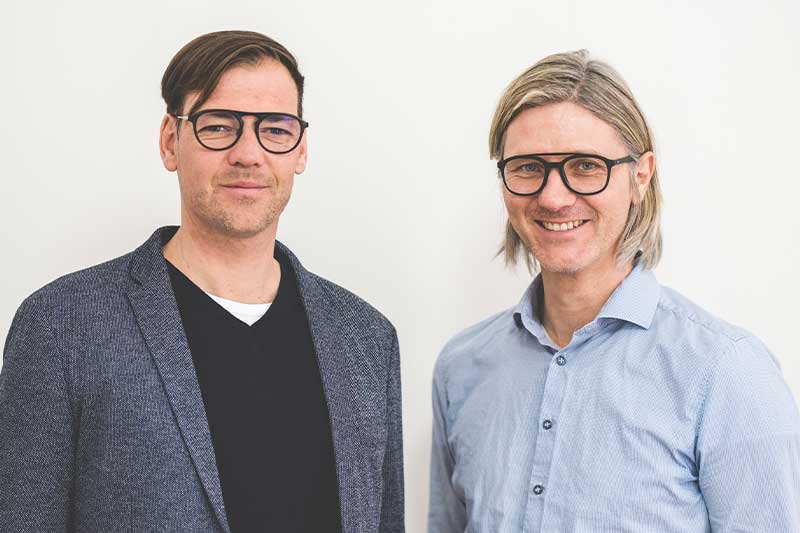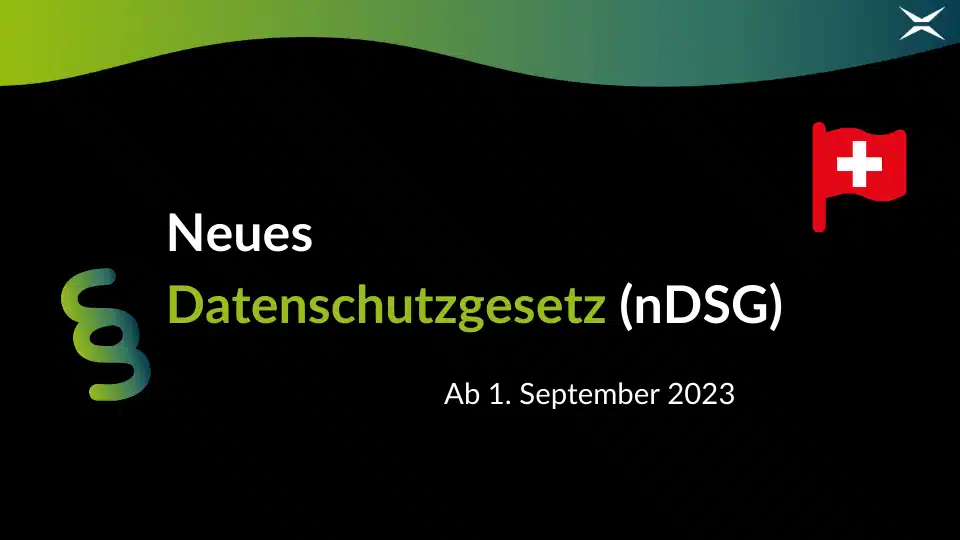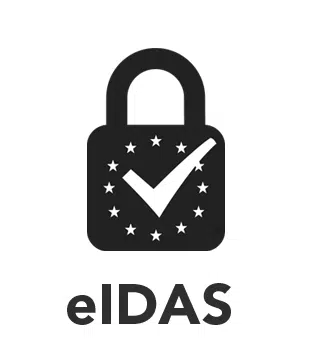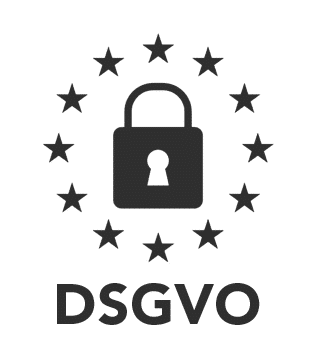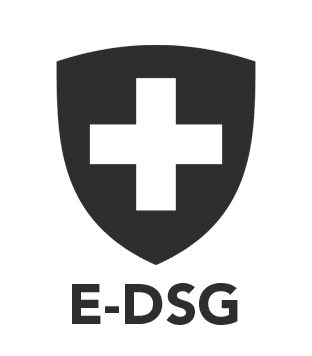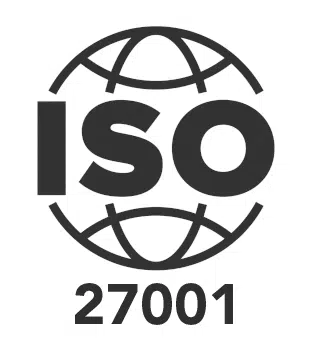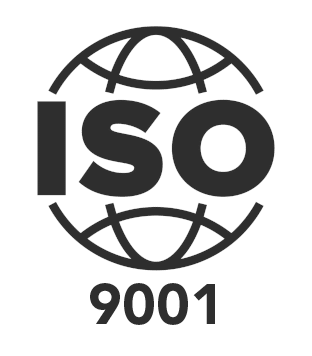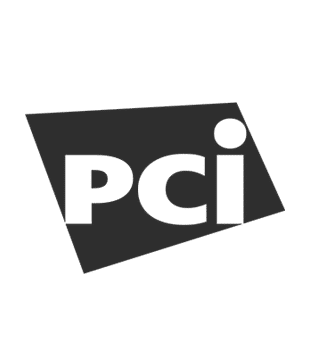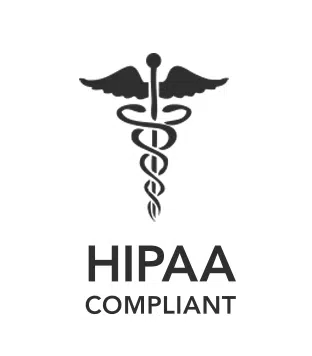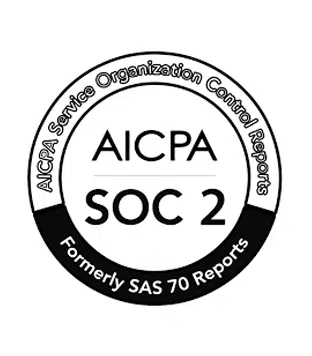2020 was one of the most difficult years for both the economy and society. How has the pandemic changed the world of work, what is here to stay? And to what extent can digitalisation be the key to a better future? An interview with Georg Lindsberger (CEO XiTrust) and Andreas Koller (CEO XiTrust Germany).
How do you assess the consequences of the pandemic from XiTrust's perspective?
How did XiTrust deal with the situation?
Andreas Koller: Here at XiTrust, we have always known that we have a team that works in solidarity and rises above itself in difficult times, and that with MOXIS we have a product whose strengths are even more evident in times of significant contact restrictions and remote working. Realising that we could support our customers right now was an additional motivational boost.

Try MOXIS free of charge for your company..
Get to know the leading e-signature platform and benefit from the advantages of legally secure digital signatures – no credit card required.
The Corona crisis has forced companies to rethink. Working from home is one of the keywords here: What was previously unthinkable in many places quickly became a natural part and parcel of companies of all sizes. Is this a lasting quality or will everything go back to the way it was before the end of the Corona crisis?
Georg Lindsberger: I think it is unlikely that we will return to the status quo ante. The crisis has given us a glimpse into how we can and want to work in the future. It has forced us all to think more innovatively about the future of work. This also has to do with the fact that the consequences of the crisis are much more long-term than many had initially assumed. The way we work together in the future will change permanently. Even a vaccine will not change that.
Are electronic signatures a key to this new world of work?
Is it also not astonishing to see that a mature technology such as the digital signature only achieves its breakthrough and full acceptance against the backdrop of a global crisis?
Georg Lindsberger: Not at all. On the one hand, many of our customers acted well in advance and were well prepared. Some were lucky again, such as the private training provider ibis acam, which introduced MOXIS two weeks before the first lockdown and was therefore able to switch to e-learning across the board without any problems. On the other hand, you also have to be realistic: Sustainable changes are usually accompanied by painful processes and other external influences, such as changes in legislation.
Surely that was also a reason for the XiTrust campaign " Stay agile" at the start of the first lockdown in spring?
Overall, it can be said that digitalisation has become a magic word in this challenging year. Despite all the advantages that you have already outlined, there are quite a few, such as the philosopher Richard David Precht, who say that more digitalisation could also threaten millions of jobs.
Andreas Koller: Nobody would seriously deny that the topic has a deep socio-political dimension. However, this is not one-dimensional. If we assume that comprehensive digitalisation will cost jobs, debates such as the unconditional basic income take on a whole new impetus. At the same time, the foundations are being laid for a serious debate on topics such as New Work: How can the quality of work be improved, which individual needs can be better realised through a new understanding of work? One thing will not change in the future: People long for social contact, they are inevitably social beings. Intelligent digitalisation will support us in this.
